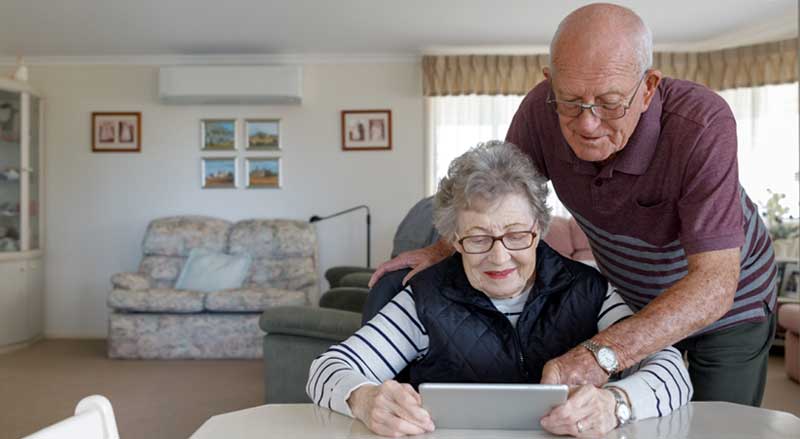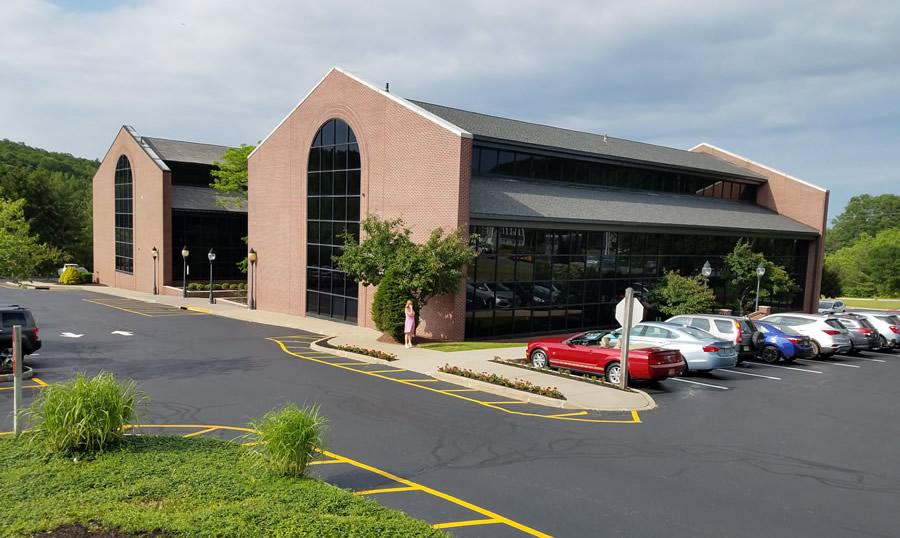Varicose veins are the larger, often bulging and twisting veins you often see on legs. They can be very painful or simply annoying.
If you’re wondering, will Medicare cover your varicose vein treatment, this blog post contains information you need to know.
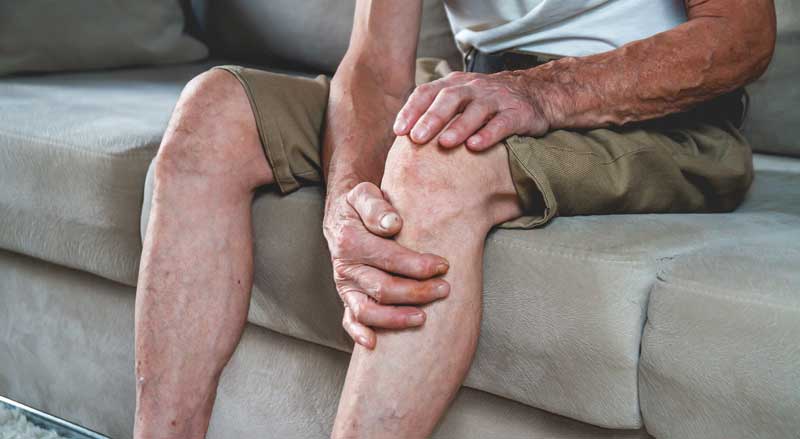
What Causes Varicose Veins?
Veins are the blood vessels that carry blood back to the heart from the feet.
Varicose veins develop when the small valves inside the veins become damaged. When this occurs, blood no longer flows effortlessly through the veins. Instead, blood moves in two directions and may even pool in the veins.
This causes the veins to become stressed—they become larger and chronic venous insufficiency develops. The resulting varicose veins cause many uncomfortable symptoms, such as pain, swelling, and itching.
Varicose veins are more often found in women. But it’s not at all unusual for men to have varicose veins too.
If you are over 65 and on Medicare, you’re most likely covered for varicose vein treatment. This treatment will restore your veins to good health and put a stop to the annoying symptoms you endure daily.
Following is some information about Medicare that answers the question, “Will Medicare cover varicose vein treatment?”
Who Qualifies for Medicare?
Medicare is a very helpful, but initially confusing, insurance program.
Here are some basic helpful facts.
Medicare is a government-funded health insurance program for:
- People over 65
- People under 65 with specific disabilities
- People with permanent kidney failure that needs specific types of care
When Should You Sign Up for Medicare?
It’s advised that you sign up for Medicare 3 months before you are 65. This gives ample time to be included in the system.
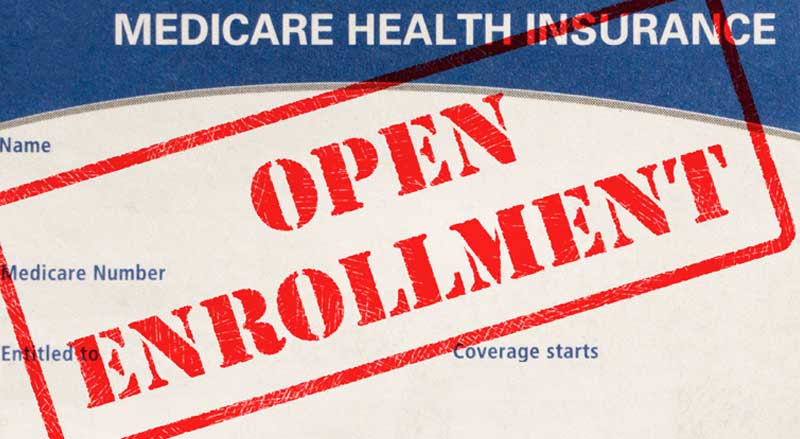
If you were already eligible for Medicare but didn’t sign up, you can sign up during Medicare’s General Enrollment Period. This enrollment period lasts from January 1 to March 31 of each year. It’s starting soon!
There are also Special Enrollment Periods covering other specific situations.
The Different Parts of Medicare Explained
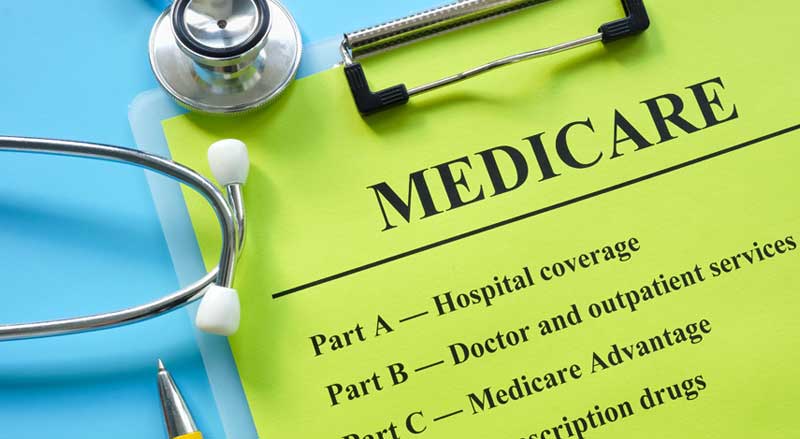
Part A covers inpatient hospitalization, skilled nursing facility care, hospice care, home health care, and more. They automatically enroll you in it if you are already receiving Social Security.
Part B covers doctors’ visits and services, outpatient care, many preventive services, and other services not covered by Part A. You must pay a premium with Part B, so you have the option of turning it down. You are not automatically enrolled. You must request it.
Part C (Medicare Advantage) plans allow private health insurance companies to cover the services that are usually covered under Medicare Part A and Part B. The coverage terms differ from regular Part A and Part B Medicare. Plan coverage will differ from plan to plan—and will not necessarily conform with Part A and Part B coverage terms. Learn about these plans to see if they work for you. If they do, contact the specific insurance company for enrollment.
Part D plans cover both brand-name prescription drugs and generic drugs. Plans will vary, and you should check out which plans offer the best payment for medicines you are already taking and may need in the future. Enroll by contacting the specific insurance company.
How to Sign Up for Medicare
If you haven’t already, create a Social Security account at ssa.gov/myaccount. Afterwards, you can sign up for Medicare online.
Or you can apply for Medicare at Social Security by calling 1-800-772-1213.
For more information about your current Medicare vein treatment coverage, call 1-800-MEDICARE (1-800-633-4227)

Will Medicare Cover Varicose Vein Treatment?
Medicare will cover varicose vein treatment if is determined that it’s a medical necessity. This usually goes for Medicare Part C Advantage Plans as well—but individual plans will vary.
So, what makes up a medical necessity with varicose veins?
A “medical necessity” is determined by a vein doctor.
Varicose vein problems will probably be called a “medical necessity” if:
- Vein related symptoms hurt your quality of life
- You experience common varicose vein symptoms such as pain, swelling, a feeling of heaviness, burning and/or cramping
- Ultrasound, or other imaging, diagnosed venous reflux
- There is bleeding from the veins
- You have related blood clots
- There is phlebitis in the veins
- You suffer with ulcers from veins

In most of these cases, patients must try conservative treatment for 6-12 weeks without good results. These treatments can include:
- Leg elevation
- Exercise
- Weight loss
- Ice/heat packs
- Compression stockings
Venous reflux also causes Spider veins, so they are often considered a medical necessity as well.
Which Vein Treatments Does Medicare Cover?
When deemed a medical necessity by your doctor, Medicare Part B will cover a range of varicose vein treatments at 80%. Usually your Medigap plan (additional insurance by a private company) will cover the rest.
Medicare Advantage plans need to be consulted separately.
Medicare covered vein treatments include:
- Sclerotherapy for varicose veins
- Micro sclerotherapy
- Endovenous ablation therapy
- Endoscopic vein surgery
- Laser vein surgery
Varithena is an injectable microfoam used with ultrasound-guided sclerotherapy for varicose vein treatments. Most patients find this varicose vein treatment nearly painless! Medicare usually covers vein treatment with Varithena when treatment is a medical necessity.
At New Jersey Varicose Vein Center (NJVVC), we offer state-of-the-art treatment for varicose veins, including treatment with Varithena.
If you want more information on insurance and varicose veins, you’ll find “Does Health Insurance Cover Varicose Vein Treatment?” helpful.
Visit Us at NJVVC for Your Vein Diagnosis
It’s easy to find out if Medicare considers your varicose vein treatment to be a “medical necessity.”
Simply visit us at the NJVVC and have an onsite evaluation and diagnosis performed solely by our doctor, Stuart Miller, MD.
Dr. Miller is an experienced and well-respected endovascular surgeon.
He trained in Internal Medicine at Rutgers/Robert Wood Johnson University Hospital and became a Diplomate of the American Board of Internal Medicine. Later, he completed a second residency in Radiology at Dartmouth. Afterwards he became a Diplomate of the American Board of Radiology.
Dr. Miller has been practicing in New Jersey for over 20 years, and now sees patients in Morris and Sussex counties.
Schedule your varicose vein consultation today at New Jersey Vein and Vascular Center to see if Medicare will cover your vein treatment. There’s no need to continue to suffer with varicose veins.

